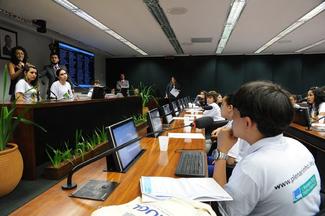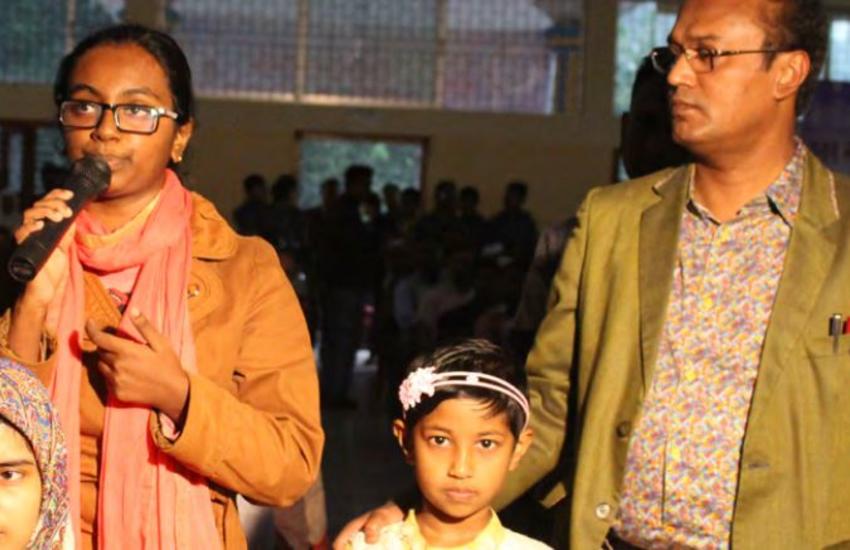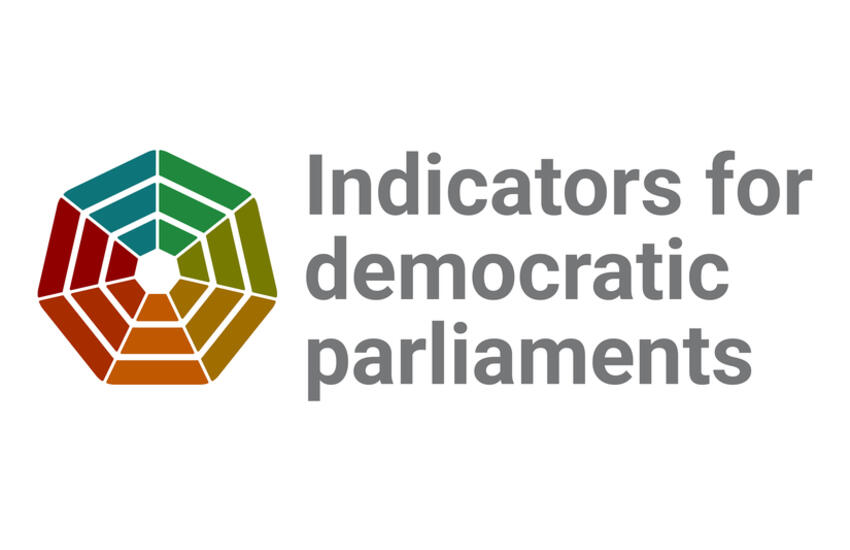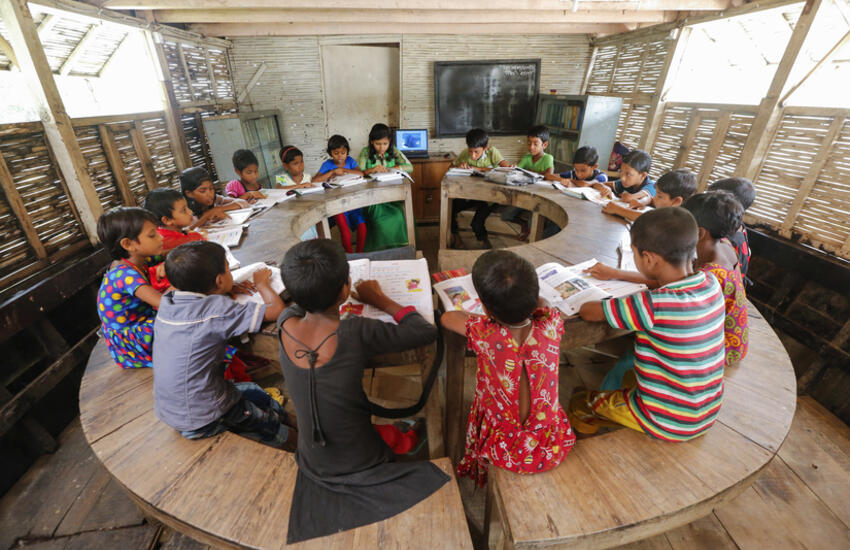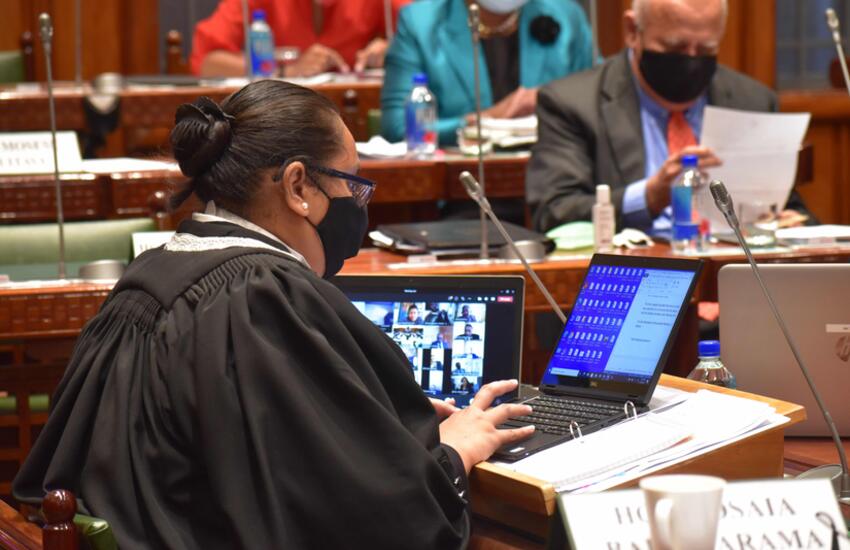The Parliament of Brazil consistently ranks at the very top in terms of digital maturity. The Chamber of Deputies is noted for its world-leading HackerLab, its innovative use of artificial intelligence (AI), and its rapid and agile deployment of the world’s first virtual parliament, while the Senate has a long-established and well-used civic participation portal.
For many years, both Houses have aimed to increase public participation in parliament’s work. Web-based and mobile applications have been critically important in achieving this aim, and digital infrastructure underpins the processes within each institution that facilitate participation. Online tools and practices, such as open data, are well-established mechanisms for increasing legislative openness and transparency.
TV Câmara, a free-to-air public television station created in 1998, carries the activities of the Chamber of Deputies 24 hours a day, 7 days a week, which includes broadcasting all Committee meetings and Plenary sessions to YouTube online since December, 2015. The Senate has used its TV Senado public channel to broadcast since 1996, and has had its own YouTube channel since 2010.
Digital platforms
e-Democracia
The Directorate for Innovation and Technology (DITEC) of the Chamber of Deputies has a long-standing track record of digital innovation, especially when it comes to improving civic participation. One of the flagship tools is e-Democracia, first developed in 2009 and maintained in-house by the HackerLab, which was set up to increase the exchange of innovative ideas between civil society and parliament. It has about 37,000 registered users.
The platform was created to engage with constituents and representatives through surveys, forums and collaborative wiki tools. The platform aims to collect opinions and encourage citizens to engage more in the law-making process. The e-Democracia platform includes “virtual communities” for debates on specific topics and “Wikilegis”, which allows users to directly comment on or contribute to specific articles or sections of a draft bill.
Ulysses
The Chamber of Deputies developed the Ulysses smart analysis platform, an AI-based tool that uses machine learning to analyse the large volumes of documents and data produced. The system can classify new documents and more effectively tag them within the Chamber’s public-facing web portal. This, in turn, allows the website to automatically make recommendations and provide content based on a user’s interests. The system will be extended to tag live broadcasts and recorded video to identify speakers, again allowing content to be targeted. Citizens have been able to vote and comment (anonymously) on a particular bill since 2018.
Helping MPs make sense of all the comments received is a challenge (there can be up to 30,000 comments for a single bill). Ulysses solves this problem by applying a machine-learning algorithm to the comments based on natural-language processing. The system conducts a “smart” analysis of all comments on the positive and negative aspects of a piece of legislation.
e-Cidadania
In 2012, the Senate of Brazil launched e-Cidadania, an online portal designed to enable more civic participation in its legislative, budget, oversight and representation activities. The portal is divided into three sections: Ideia Legislativa (Legislative Idea), Consulta Pública (Public Consultation) and Evento Interativo (Interactive Event).
Over 40 million users accessed the portal between 2015 and 2020. This figure represents almost 20 per cent of the total population and 30 per cent of Brazilian internet users.
The e-Cidadania portal was designed to engage more community members in the work of the Senate. But it also helps senators communicate more effectively with constituents and understand their views.
At the start of the COVID-19 pandemic, the DITEC of the Chamber of Deputies adapted its existing Infoleg app, which provided information on the current parliamentary session to both members and the public. As a result, members have a stronger appetite for innovation and better understand and accept the risks.
Both the Chamber of Deputies and the Senate have invested heavily in their digital infrastructure and can now function as a fully digital parliament.





